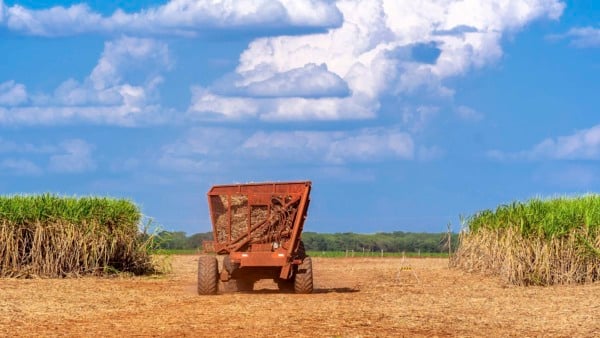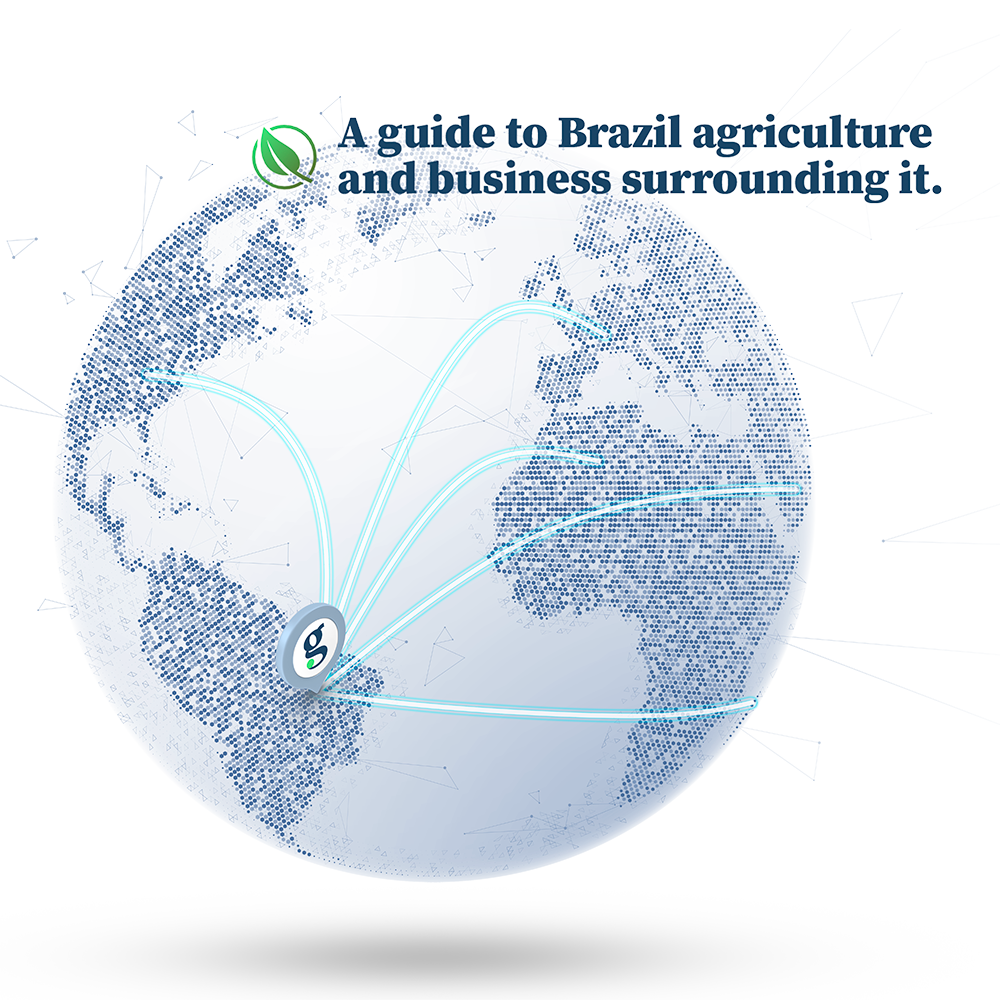
Argentina, the world’s top exporter of soybean meal, is poised to regain ground in global markets after slashing its export taxes in a move that could intensify competition with Brazil and the U.S. just as the world faces a glut of the feed ingredient.
President Javier Milei announced over the weekend a permanent reduction in export tariffs—known locally as retenciones—marking a clear gesture toward the agricultural sector that strongly backed his pro-market campaign.
The duty on soybean meal and oil was lowered from 31% to 24.5%. For soybeans, the tax drops from 33% to 26%, and for corn, from 12% to 9.5%. Beef export taxes are also being cut from 6.5% to 5%.
The lower tax levels had already been in place earlier this year, before being raised again in July. What’s different now is that the reduction is permanent. “These reductions will not be reversed while I’m in office. Eliminating export taxes is an obsession of our administration,” Milei said during an agricultural fair.
While still far from tax-free, the rollback improves planting prospects for Argentina’s upcoming grain season, which begins later this year, and strengthens the country’s hand in soymeal exports—its top agricultural export product.
“Argentina was already competitive in soymeal exports, and it’s about to become even more so,” said Pedro Dejneka, a partner at MB Commodities in Chicago. “This just adds another hurdle for U.S. exporters.”
A Market Flush With Soymeal
Argentina’s comeback comes at a tough time for global soymeal exporters. Rising biodiesel demand—driven by biofuel mandates in several countries—is fueling higher soybean processing volumes, leaving behind a growing surplus of meal. Typically, soybean crushing yields 70% meal and 30% oil.
Global soymeal ending stocks are projected to hit a record 18.6 million metric tons in the 2025/26 season, according to the USDA. And that surplus is expected to swell further, supported by increases in biodiesel blending mandates in Brazil and the U.S.—which together account for nearly 70% of global soybean output.
In Brazil alone, soymeal production is forecast to grow 31% over the next five years, according to Veeries. With domestic consumption unable to absorb the additional 14 million tons, more of that output will need to be exported—into a now more competitive global arena.
“Argentina is already reclaiming markets it lost after the droughts of recent years,” said Fabio Meneghin, a partner at Veeries. “Little by little, the Argentines are bringing their industry back online and riding the global biodiesel wave.”

Lowest Prices in Five Years
Surging output has pushed soymeal prices to their lowest in five years, Meneghin noted. In such a market, low-cost suppliers tend to dominate—and when it comes to soymeal, Argentina has a long-standing edge.
Processing plants are located close to ports, giving Argentina an enviable logistics advantage. Long-standing commercial ties with importers further reinforce its position. But in recent years, adverse weather and high export taxes have eroded the country’s ability to compete, allowing Brazil to boost its exports.
A $20-Per-Ton Advantage
According to Sol Arcidiacono, head of grain trading at Hedgepoint Latin America, the new export rate gives Argentine soymeal a $20-per-ton competitive advantage, based on export prices around $280 a ton.
For soybeans, the advantage could range from $25 to $30 per ton. But in that case, Brazil—buoyed by bumper crops and infrastructure gains—remains tough to beat.
“Argentine farmers are still at a significant disadvantage versus Brazil and Uruguay, which don’t impose export taxes,” Arcidiacono said. “But it’s a step in the right direction for a sector that has been stagnant for over a decade.”
Soybeans, the crop hit hardest by Argentina’s retenciones and now showing the most attractive returns, could see a modest increase in planted area. “Before the announcement, 50 million tons looked like a ceiling,” she said. “Now, with favorable weather, that number may become a floor.”








